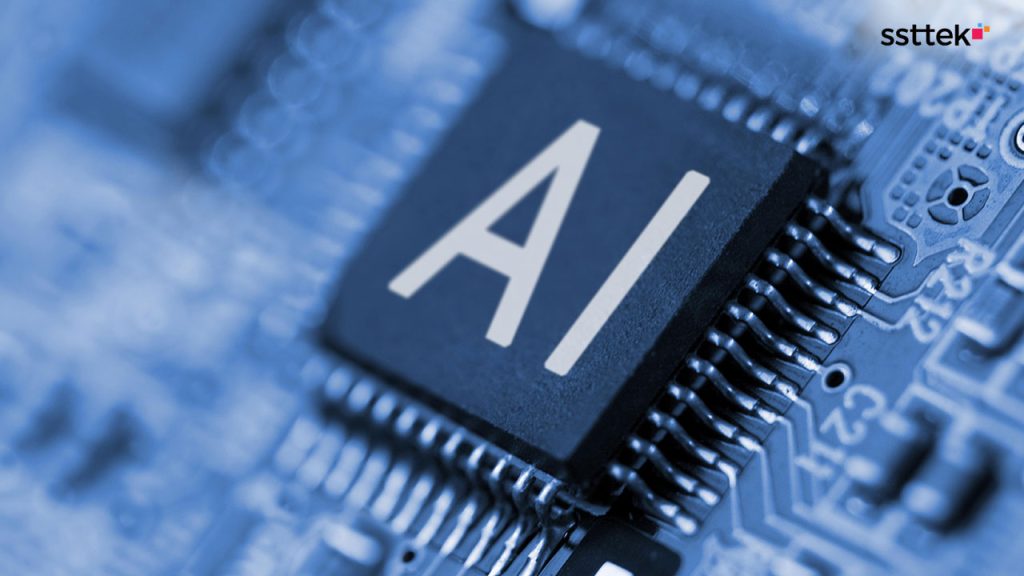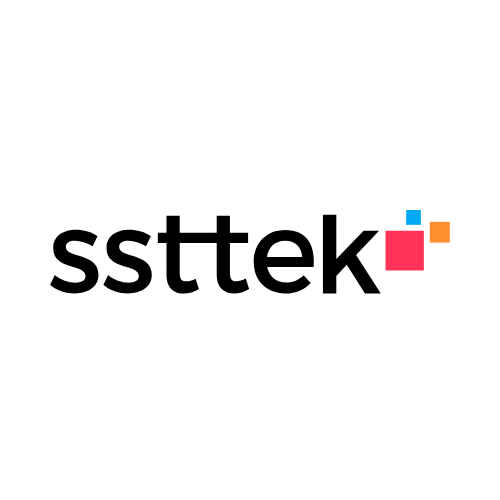The Agile methodology is a commonly used dynamic framework that prioritizes adaptability and swift responses to unexpected challenges. The ever-evolving landscape of technology has significantly impacted business operations. This resulted in the necessity of a shift from inflexible and strict rules to more flexible and proactive strategies for businesses that want to maintain or increase their productivity. Therefore, the agile methodology is adopted especially by companies that aim to adapt to changing conditions while developing rapidly. The integration of artificial intelligence (AI) into business development processes has shifted the focus from sheer strength to adaptability for the survival of businesses. For this reason, companies need to stay abreast of swiftly evolving dynamics by incorporating AI tools into the agile scrum process. So, let’s explore the influence of AI, which has recently become more prevalent in our daily lives, on agile project management.
Agile Software Development with AI Tools
Artificial Intelligence has made its mark on almost every aspect of our lives. In the business world, elements like big data analysis, workflow automation, risk analysis, communication, and collaboration tools have contributed to a more efficient, predictable, and adaptable project management landscape. These components align seamlessly with the fundamental principles of the Agile methodology and make the software development process smoother and more efficient.
Data Analysis and Forecasting
Today’s digital age led to the generation of an enormous amount of data. Companies need to analyze this data to gain valuable insights and develop long-term strategies. Artificial intelligence tools enable easy analysis of big data, which is a term used to describe large sets of digital information.

Workflow Automation and Productivity
It can be said that one of the most annoying parts of the business development processes is repetitive tasks. Thanks to AI algorithms, we can now save the time and effort that teams spend performing these tasks. This enables developers to focus on more strategic and creative tasks, benefiting the company in the long run.
Risk Analysis and Management
AI’s advanced features such as big data analysis, pattern recognition, and real-time data monitoring enable it to predict potential future risks through data from previous projects. Additionally, AI’s ability to identify anomalies and monitor ongoing changes enhances risk management and project oversight. So, it contributes to a more efficient and agile workflow.
Performance Analysis
Analyzing the progress of a project and reporting to update stakeholders is now much easier thanks to AI tools. By processing relevant data, AI can quickly understand project performance and generate reports to inform stakeholders. This not only saves time but also ensures that decisions are made based on accurate and up-to-date information.
Customer satisfaction, a primary principle of the Agile Manifesto, necessitates regular monitoring and continuous improvement of projects. Agile methodology shortens the time to market and drives customer satisfaction higher. Thanks to the flexibility provided by artificial intelligence and agile project management, companies can optimize their processes and adapt to rapidly changing conditions. This allows them to detect and eliminate any elements that are wasting time more easily.


